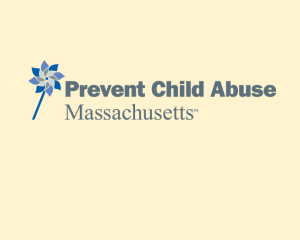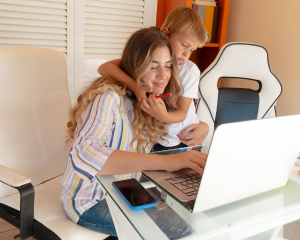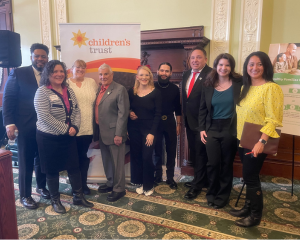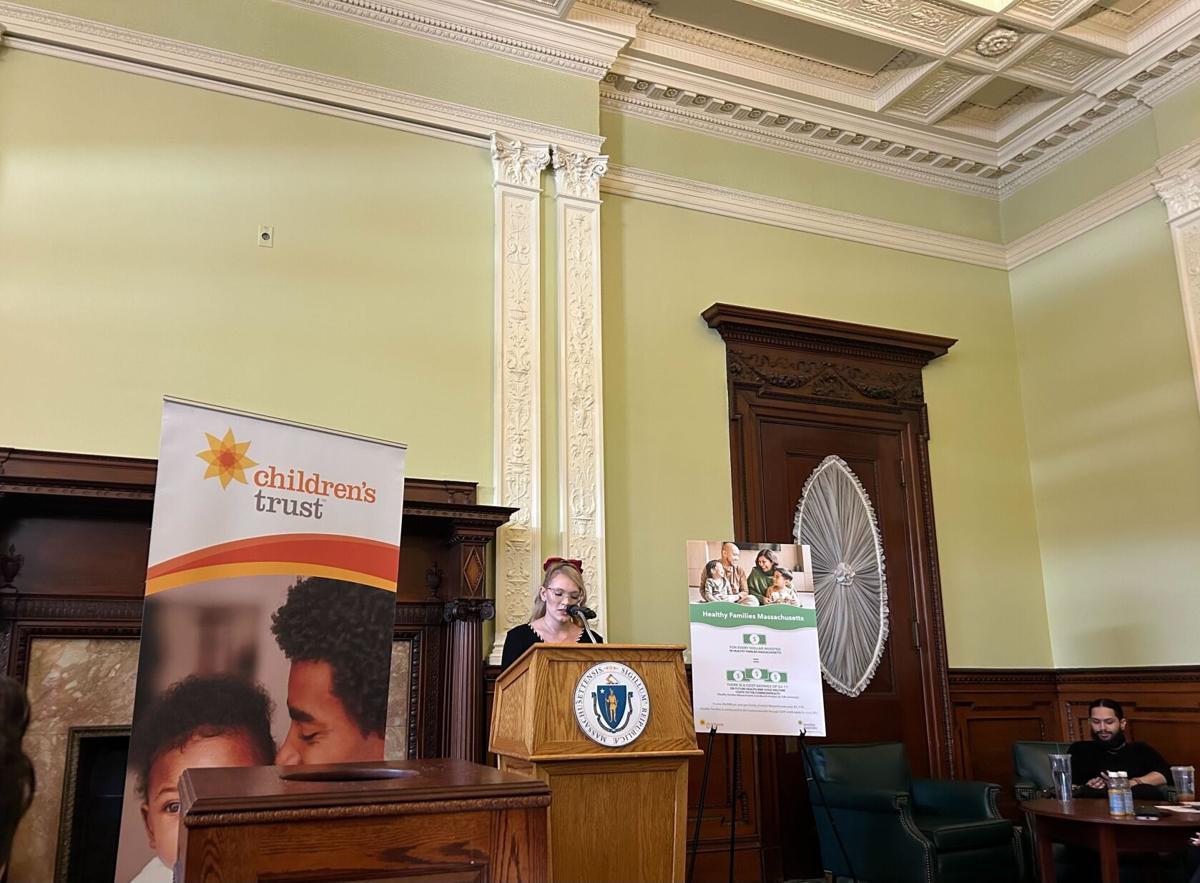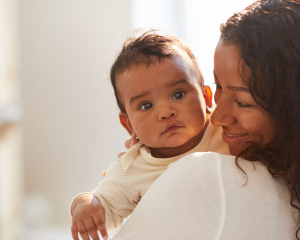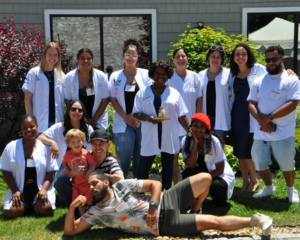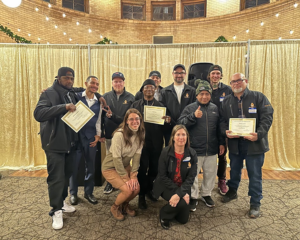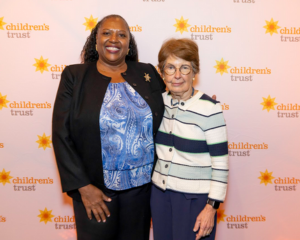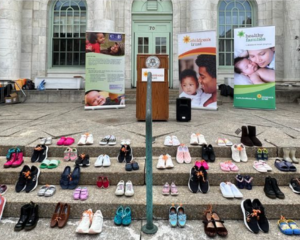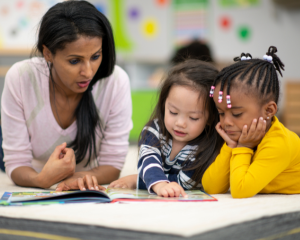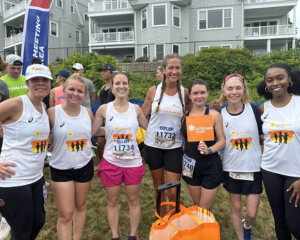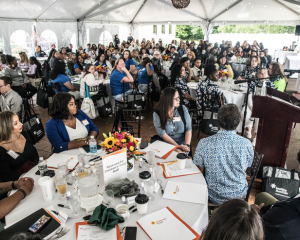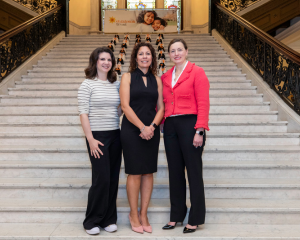We are grateful that El Planeta has just published an op-ed written by our Executive Director Suzin Bartley and this year's Evening of Promise honoree Yvonne Garcia. Read the Spanish version here. Below is the English version.
Last year in the state of Massachusetts, one in thirty-four children was confirmed as abused or neglected. That translates into one case every fifteen minutes. About 40% of these children are under the age of six.
The Centers for Disease Control and Prevention’s ACE Study and Harvard University’s Toxic Stress research demonstrate that child abuse and neglect negatively impact brain architecture and disrupt healthy brain development. The findings suggest that both abuse and neglect have tremendous negative impacts not only in childhood, but on lifelong health and opportunity. Survivors face a significantly higher risk of alcohol and drug abuse, depression, mental health challenges, disease, adolescent pregnancy, poor academic achievement, suicide, and more.
We should – and can – do better for the children of Massachusetts. It’s also important to note that the negative impacts of child abuse and neglect are costly not only to those children, but to the entire community. The Centers for Disease Control and Prevention estimates that the average lifetime cost is over $210,000 per victim.
Stopping child abuse before it happens should receive at least as much emphasis as responses to abuse: it’s less expensive, more effective, and better for kids. Research is clear that when families are stronger, kids are safer and healthier. The Center for the Study of Social Policy developed the Protective Factors, a research-driven approach that identifies key conditions that must be in place in order for children and families to thrive – no matter where the family lives or how much money they have. They include parental resilience, knowledge of healthy parenting and normal child development, social and familial connections, concrete support in times of need, and understanding of social and emotional development of children. By ensuring these factors are in place for Massachusetts families and building upon family strengths, we can keep kids safe.
As a state and national leader in the effort to end child abuse, the Children’s Trust is a critical part of the solution. The organization’s programs, built around the Protective Factors, partner with parents across the state to help them build the skills and confidence they need to make sure kids have safe and healthy childhoods. Evaluations have shown that the organization’s work leads to safer children in stable families, reducing social, health, and education costs for the Commonwealth and its citizens.
We all have a role to play in stopping child abuse and neglect. The work of the Children’s Trust is made possible through a combination of public and private investment. Creating a movement of individuals, businesses, legislators, and others committed to ending child abuse is critical to our ability to reach our goal of keeping all children safe and healthy.
Together, it is possible to stop child abuse in Massachusetts.
Suzin Bartley, LICSW
Executive Director of the Children’s Trust
Yvonne Garcia
Senior Vice President at State Street Corporation and National Chairwoman of ALPFA (Association of Latino Professionals for America)
